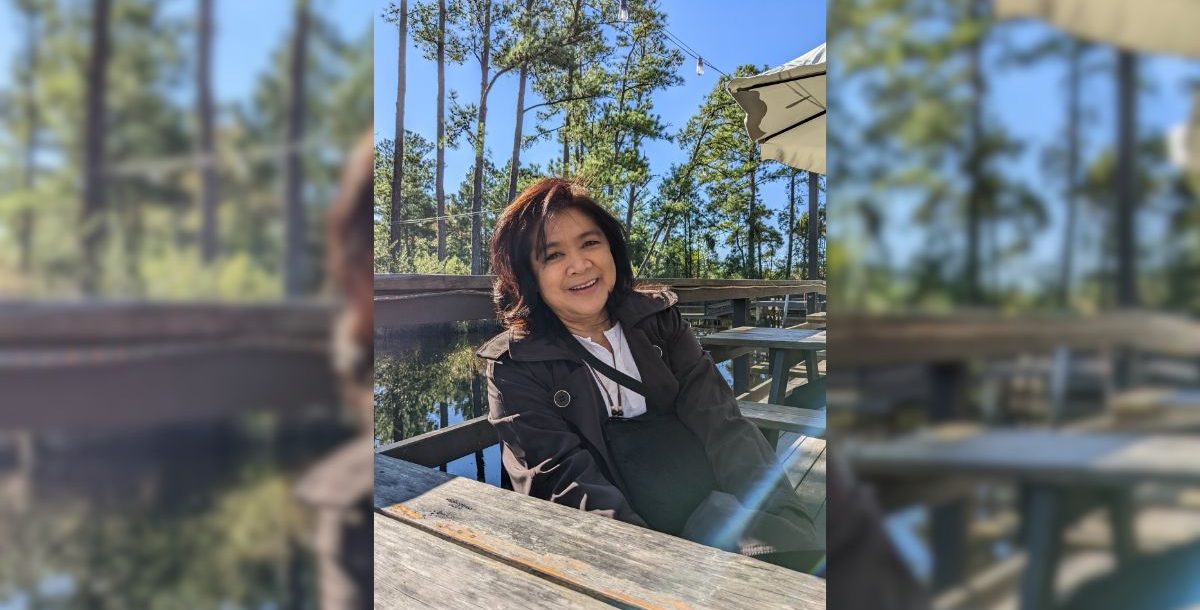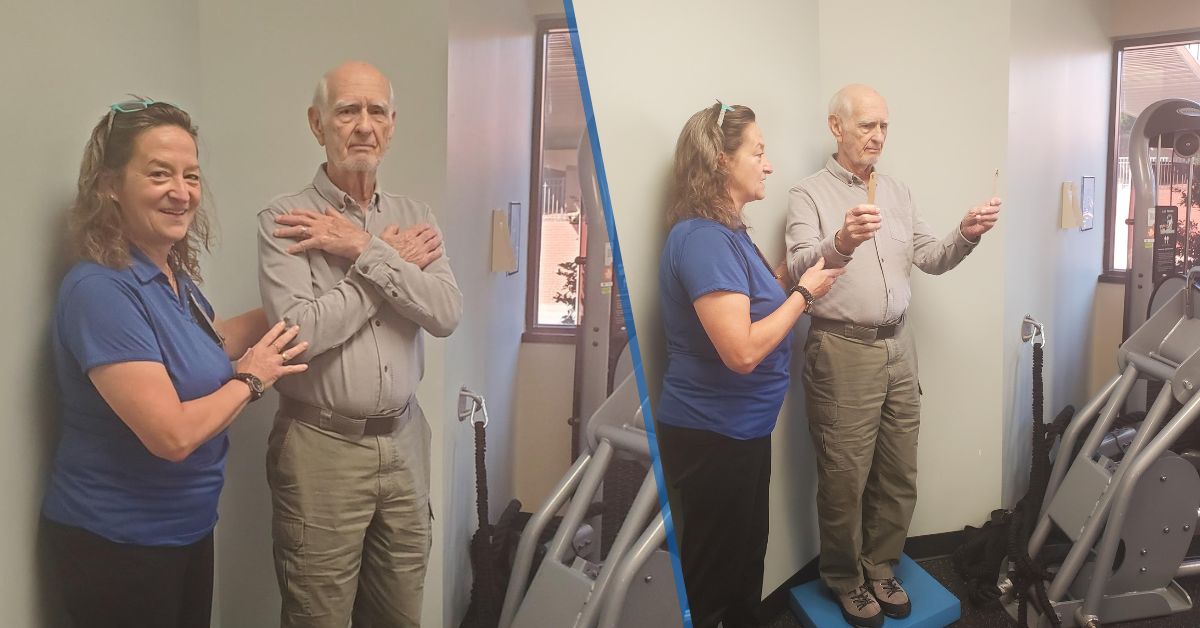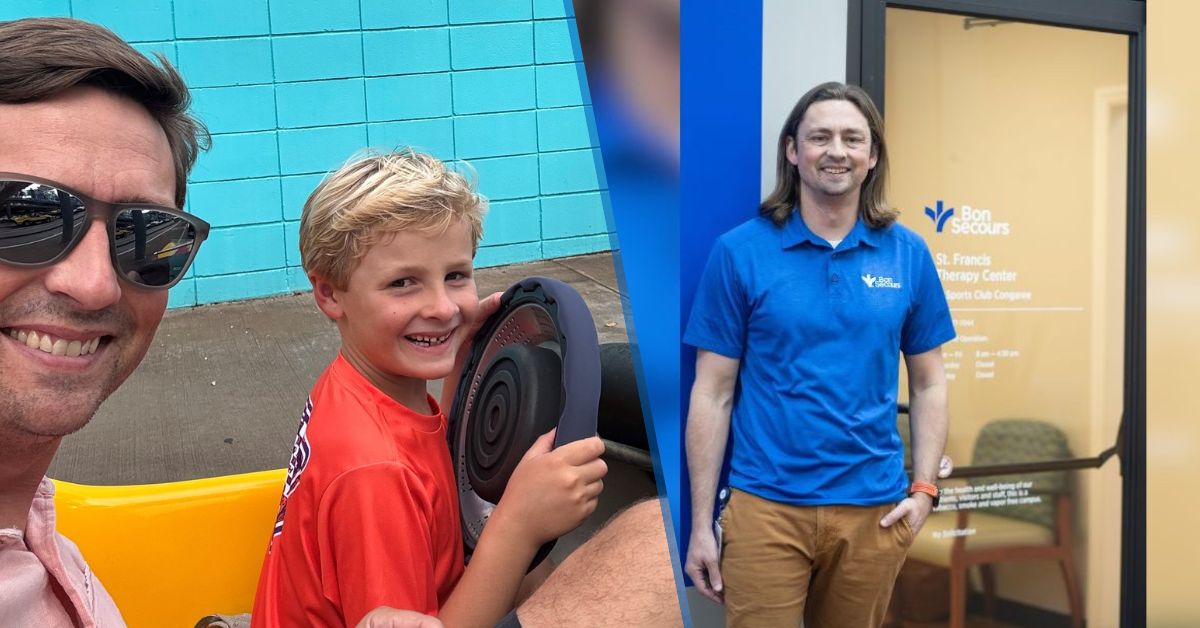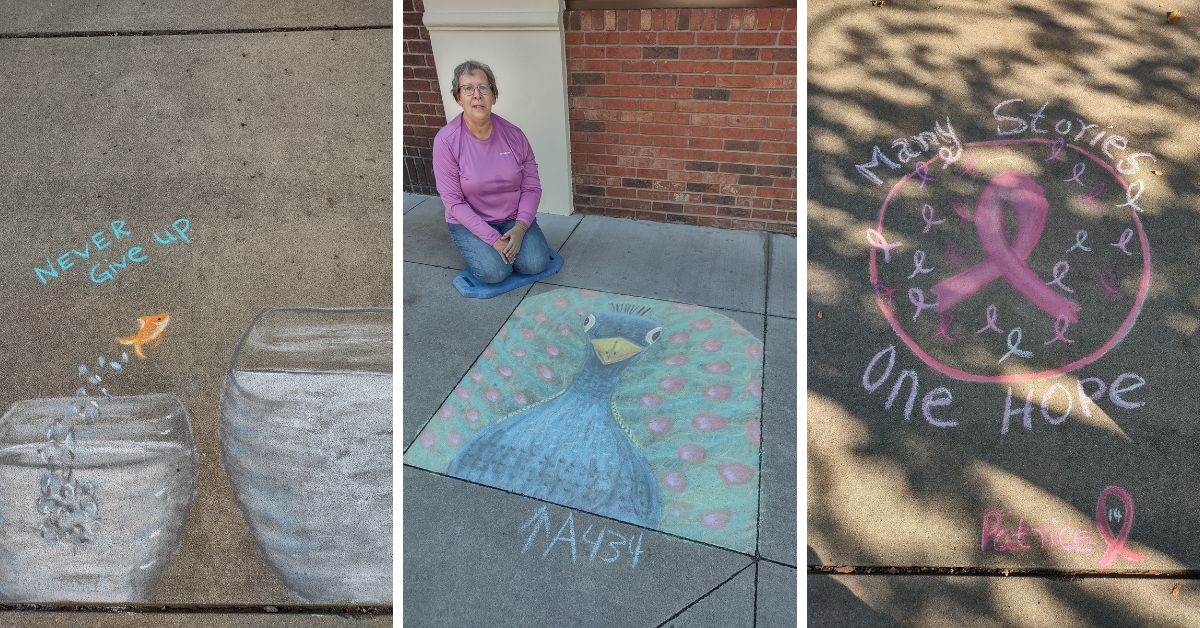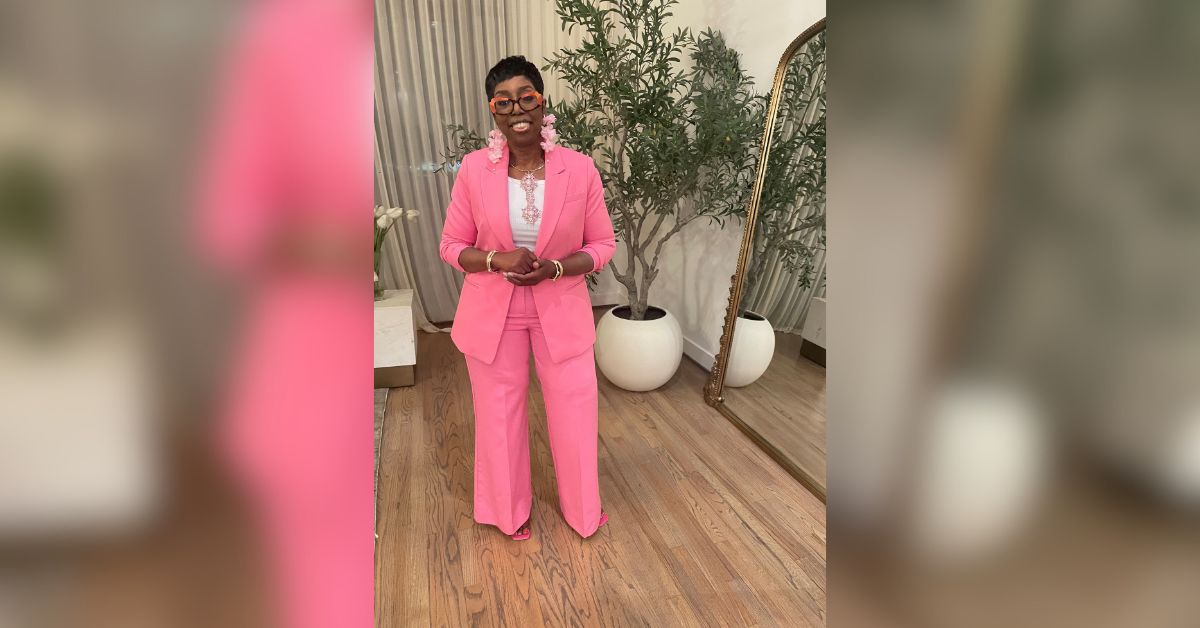Born in the Philippines to a Filipino mother and a Chinese father, Chaplain Ping (Josefina) Camano, a part-time staff chaplain at Bon Secours Maryview Medical Center, was raised in a bi-cultural home. Her father had immigrated to the Philippines to escape the communist regime and build a better life. Following in his footsteps, Ping and her siblings moved to America to seek better opportunities.
Here is her story, in her own words.
“I became a military wife who stayed home to raise our two beautiful children while my husband, Jojo, who is also an immigrant from the Philippines, served in the U.S. Navy in different states and other countries in the Middle East. After my children finished high school, I wanted to give back to the community using my medical background and MA in theology. I joined Bon Secours as a continuing professional education (CPE) summer intern in 2018 at the former Bon Secours DePaul Medical Center. I then decided to continue my CPE residency at Maryview Medical Center. After completing my fourth CPE unit, I started working as a part-time staff chaplain at Maryview to this day.
When my mother transitioned to hospice care in the last months of her life, it was a lay minister who brought her holy communion everyday inspired me to go into this field. His patience, kindness and compassion were beyond my expectations.
As a chaplain, I provide pastoral care and crisis intervention for patients, families and other team members. I provide comfort to through prayers and empathic listening. I also help them navigate health care resources available to them such as advance medical directives, patient advocate and coordinate community clergy visits for sacrament of the sick and holy communion as requested.
When I was raising my children in the early 2000s, Asian American and Pacific Island (AAPI) Heritage Month was never celebrated in city public schools. However, we had our own Filipino-American group of parents that met every Saturday to educate our children through music, interpretative dances and common Tagalog words so they could appreciate their roots. I am glad that AAPI Heritage is gaining recognition throughout the country now. I hope that my grandchildren will celebrate this month and use it to honor and reflect on their cultural heritage.
When our children were in elementary school, we introduced them to the Filipino culture by signing them up to take folk dancing and singing lessons every Saturday at the Philippine International Cultural Center in Virginia Beach, VA. Every July 4th, which is Filipino-American Friendship Day, we would go to the Red Wing Park to watch the parade of the different organizations within the community, catch up with friends and new acquaintances, and hop from one booth to the next to taste all the delicacies of the different organizations representing the different regions of the Philippines.
I am excited to see not only my children and grandchildren but also my co-workers getting educated on our culture and history. Asian Americans have long history in America. For example, the first Filipino immigrants arrived in America in 1763, before the Declaration of Independence was signed! I want people to learn the richness of Filipino-Chinese hospitality, work ethics and family values. Sharing a meal is also the center of every gathering.
I take pride in celebrating great AAPI leaders and their contributions in health care (Rear Admiral Eleanor Mariano was the first female Filipino promoted to flag rank while serving as the attending physician of President Clinton and President George W. Bush) in politics (Governor Benjamin J. Cayetano was the first Filipino American elected as governor of Hawaii from 1994 to 2002) and in the entertainment industry (Lea Salonga is a Filipino celebrity who won a Tony Award for Best Performance in the musical Miss Saigon).
In a health care facility or setting with a diverse team, patients are more comfortable in seeking care, able to express their needs and concerns with increased trust and rapport. Patients are more likely to feel connected to a staff who share the same beliefs and spiritual background, resulting to improved health and well-being.”
Learn about the spiritual care services we offer as well as all the health care services we provide.

